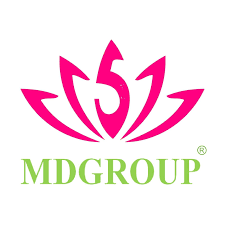Danh mục sản phẩm
Bài viết mới nhất
Eastern Values and the Eudaimonic Partnership
The neo-liberal orthodoxy of the West has put cultural values in the spotlight thanks to the impressive financial development in East asian nations, which was achieved under various modalities. These are generally called” Asiatic beliefs”: discipline, hard work, frugality, educational achievements, the importance of household, balancing individual and societal needs asian melodies, and deference to authority. Some experts claim that these Asiatic ideals are the root of East Asia’s remarkable economic growth rates and organized democratic constructions.
Yet, this conversation is largely an inner one. The traditions and traditions that underpin the development of contemporary East Asia are rooted in these traditions. Many of these principles derive from Confucian convention https://www.lovepanky.com/women/how-to-tips-and-guide-for-women/how-to-text-a-guy-without-seeming-desperate, which views the family as the fundamental social product under which all other connections operate.
These principles affect how government functions, how it is organized, and how social membership operates. They also have an impact on the nature of East Asia’s socioeconomic relation with the West. In a 1994 ideals ballot, “accountability of public leaders through open primaries” was ranked among the highest significant norms by both American and East Asian interviewees. These studies suggest that Eastern ideals are more in line with East Asian classic values than a dismissal of Western liberal politics.

This article aims to offer insights into what these Asiatic ideals mean and how they relate to eudaimonic well-being. In particular, it is believed that people who support higher levels of Asiatic values and who deal with high levels of racial stress will be able to use their own cultural coping strategies to counteract racism, buffering the effects of this cultural discrimination on psychological well-being.




